California Governor Gavin Newsom’s administration says the proposed $20 billion spending limit on a water tunnel will be immensely valuable to residents.
The measure was approved on Thursday during a special meeting in the state’s legislature. The giant tunnel aims to catch more rainwater and store it to ease the effects during long summer droughts.
Water Tunnel System in the Works for Decades
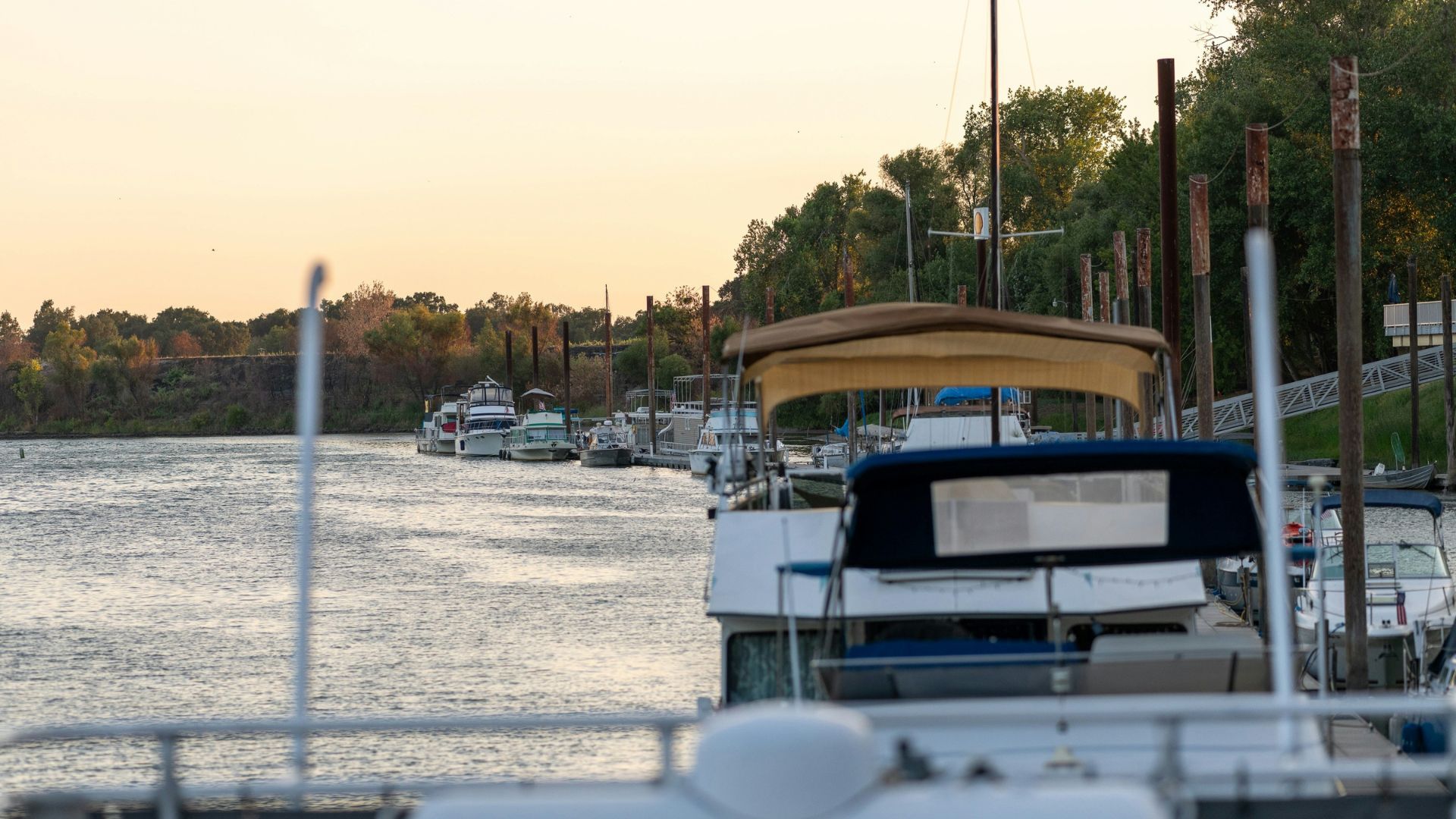
The water tunnel, which seems outrageously expensive, has been in the works for decades. The latest push comes from Newsom’s predecessor, Jerry Brown, the former Democratic Governor of California.
The current administration made minor tweaks to Brown’s tunnel plans and thinks they can capture a considerable amount of water from the Sacramento River during storms to save for droughts.
Previous Cost Estimate Proposed in 2020
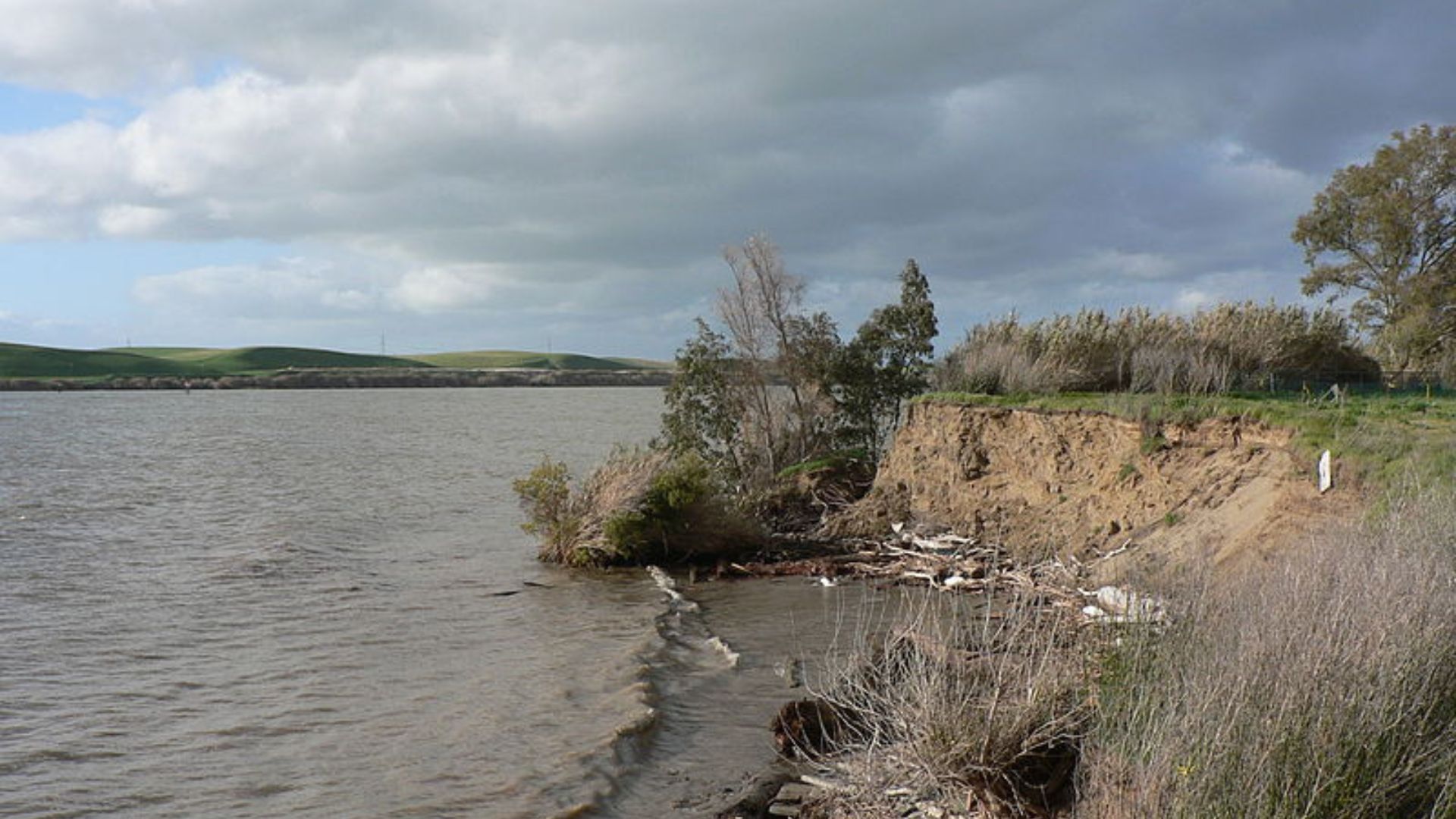
The current analysis shows the project’s projected cost is around $20.1 billion. However, the price has only slightly increased due to inflation and other increases caused by the Covid-19 pandemic.
In 2020, a comprehensive cost estimate was announced at $16 billion. The money will come from 29 local public water agencies that collect monthly fees from local residents.
Billions in Benefits Expected From the Tunnel
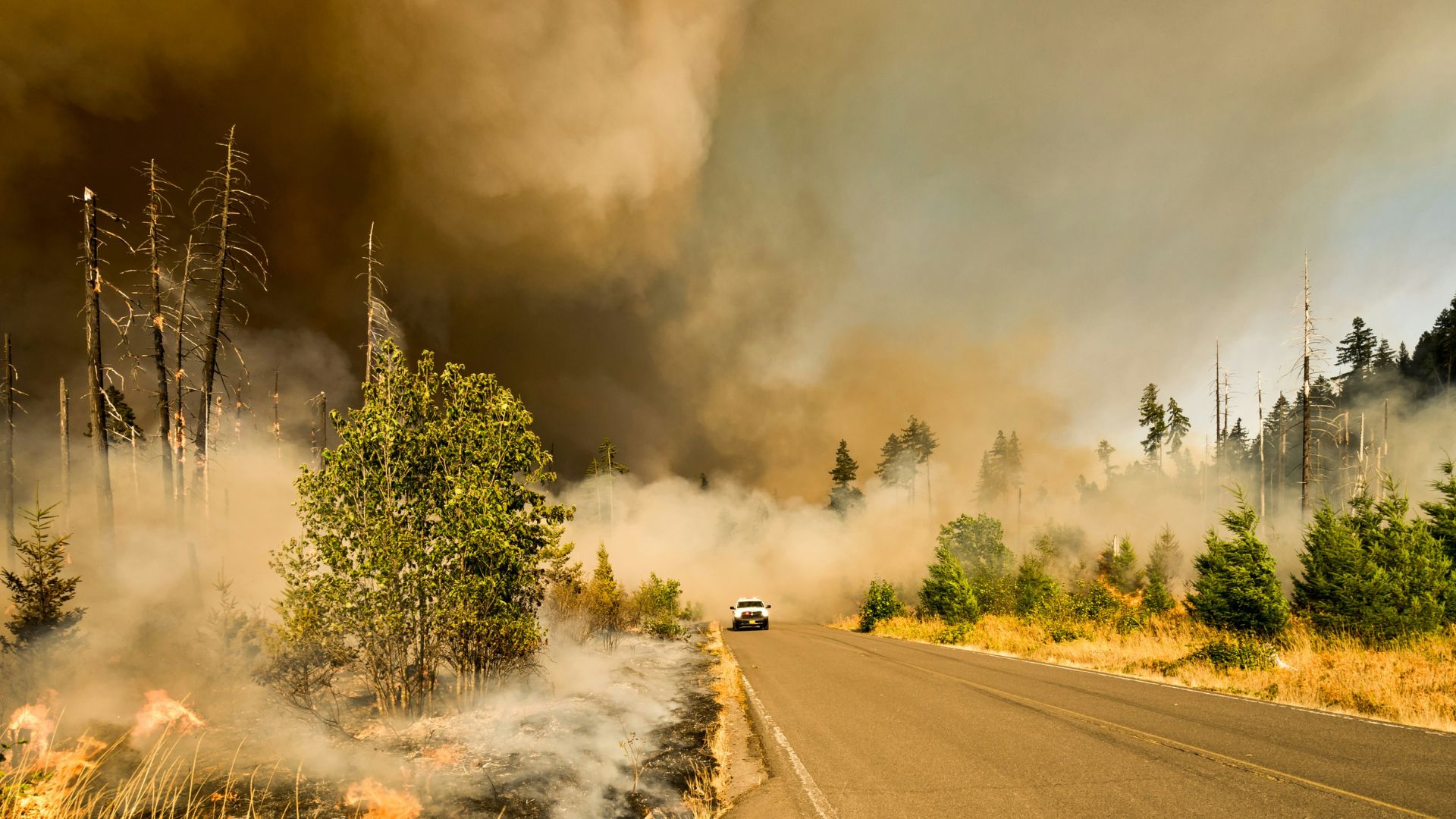
A comprehensive study was conducted by the Berkeley Research Group. It found that the tunnel is expected to produce more than $38 billion in benefits to the state.
The majority of the value will come from the increased water supply, which will benefit farmers and residents during drought or wildfire seasons. The tunnel will also be protected from natural disasters like earthquakes.
Controversy Surrounding the Project
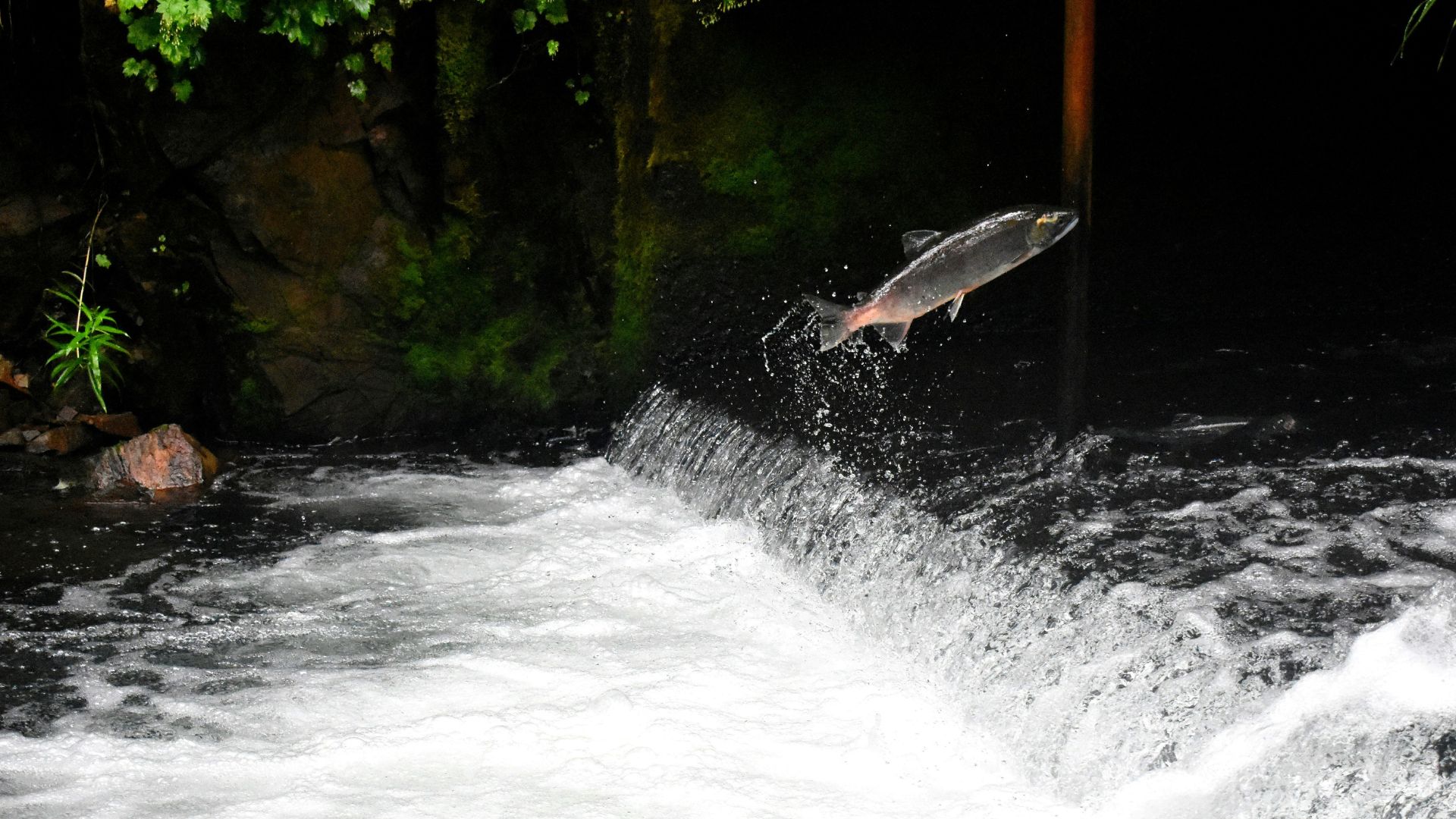
Despite the positive outcome the research group and state legislators projected, environmental groups say that the project’s construction might outweigh the benefits.
The multi-billion dollar project will cause massive disruption to the land and the delicate ecosystem surrounding the Sacramento-San Joaquin River Delta. The river is host to the largest estuary on the West Coast. Endangered salmon and fish species also stand to have their mating season disrupted during the construction process, which may be detrimental to the population.
The State Is Aware of the Environmental Impact
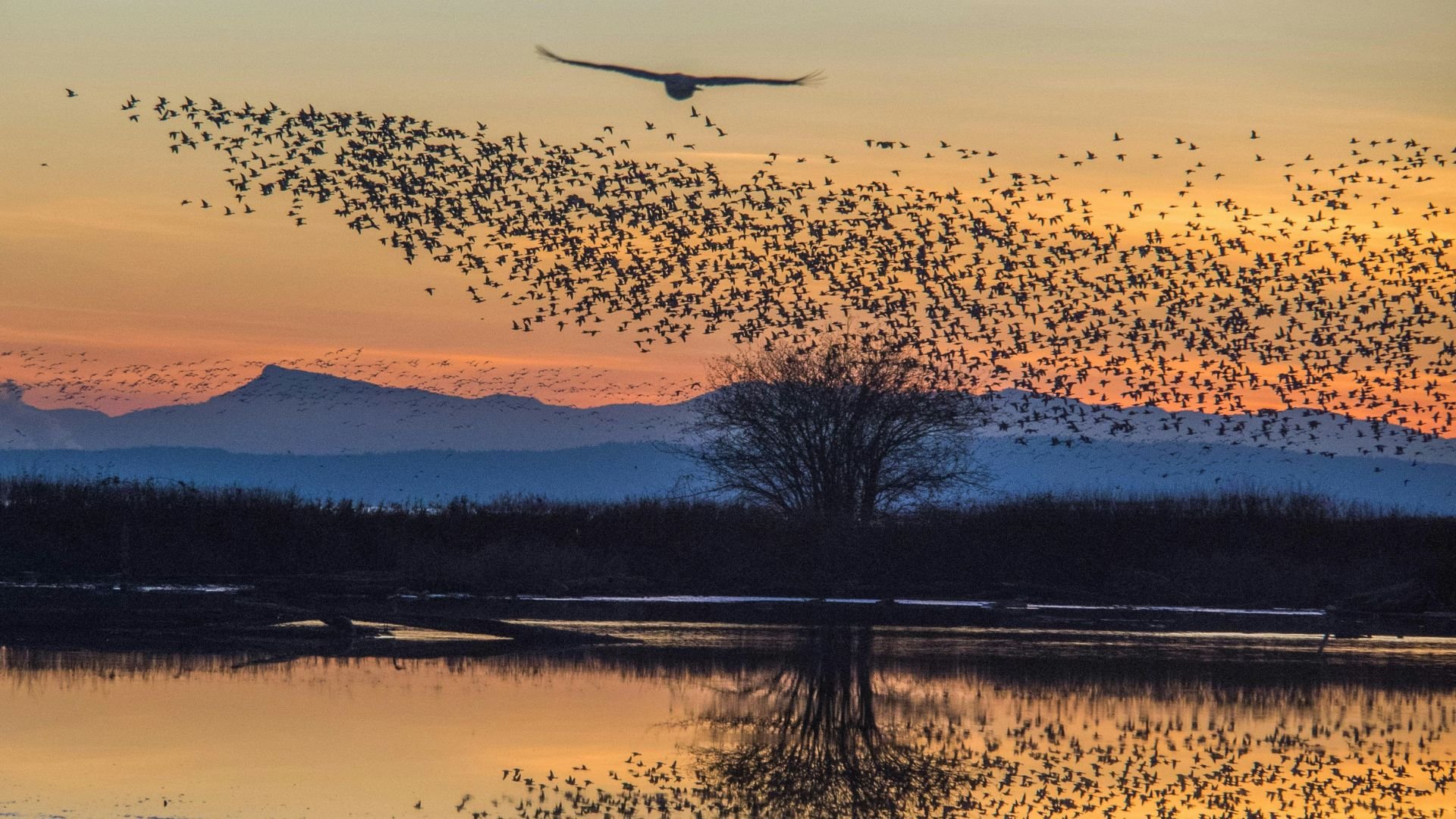
In the proposal published on Thursday, the state acknowledged that the construction will be wildly detrimental to the local ecosystem. The environmental impacts include lost agricultural land, reduced water quality in the Delta, and negative impacts on air quality.
Barbara Barrigan-Parilla, the executive director of the environmental advocacy group Restore the Delta, suggested the state invest in water solutions that will restore the Delta instead of destroying it.
The Project Will Fund Local Conservation Projects
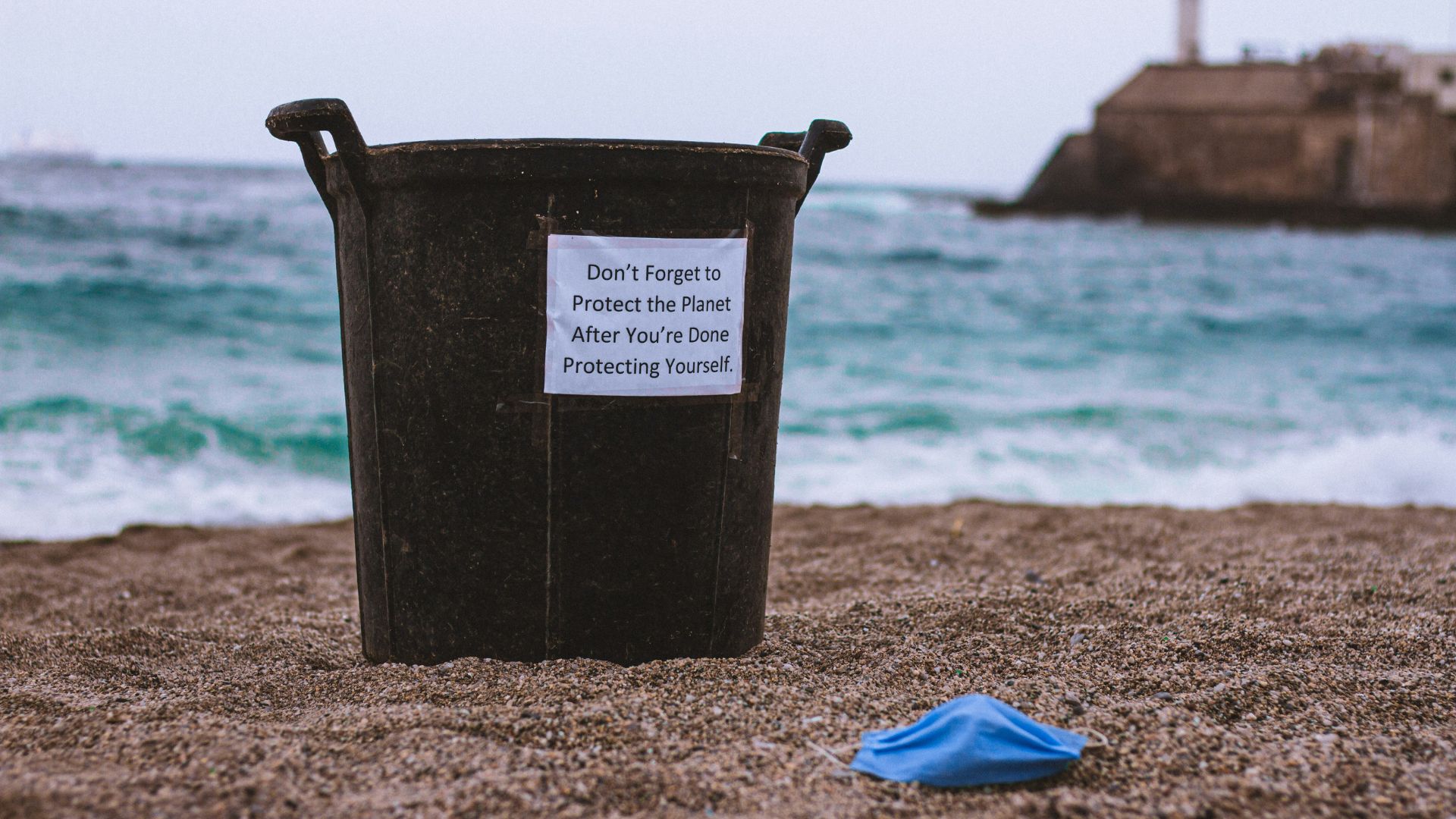
State lawmakers accepted that the project would cause an upheaval to the ecosystem and environment in the area.
The government has pledged $200 million in grants for local conservation efforts to mitigate the construction project’s negative effects. The funds will be taken from the total $20 billion price tag.
Farmers Are Opposed to the Project
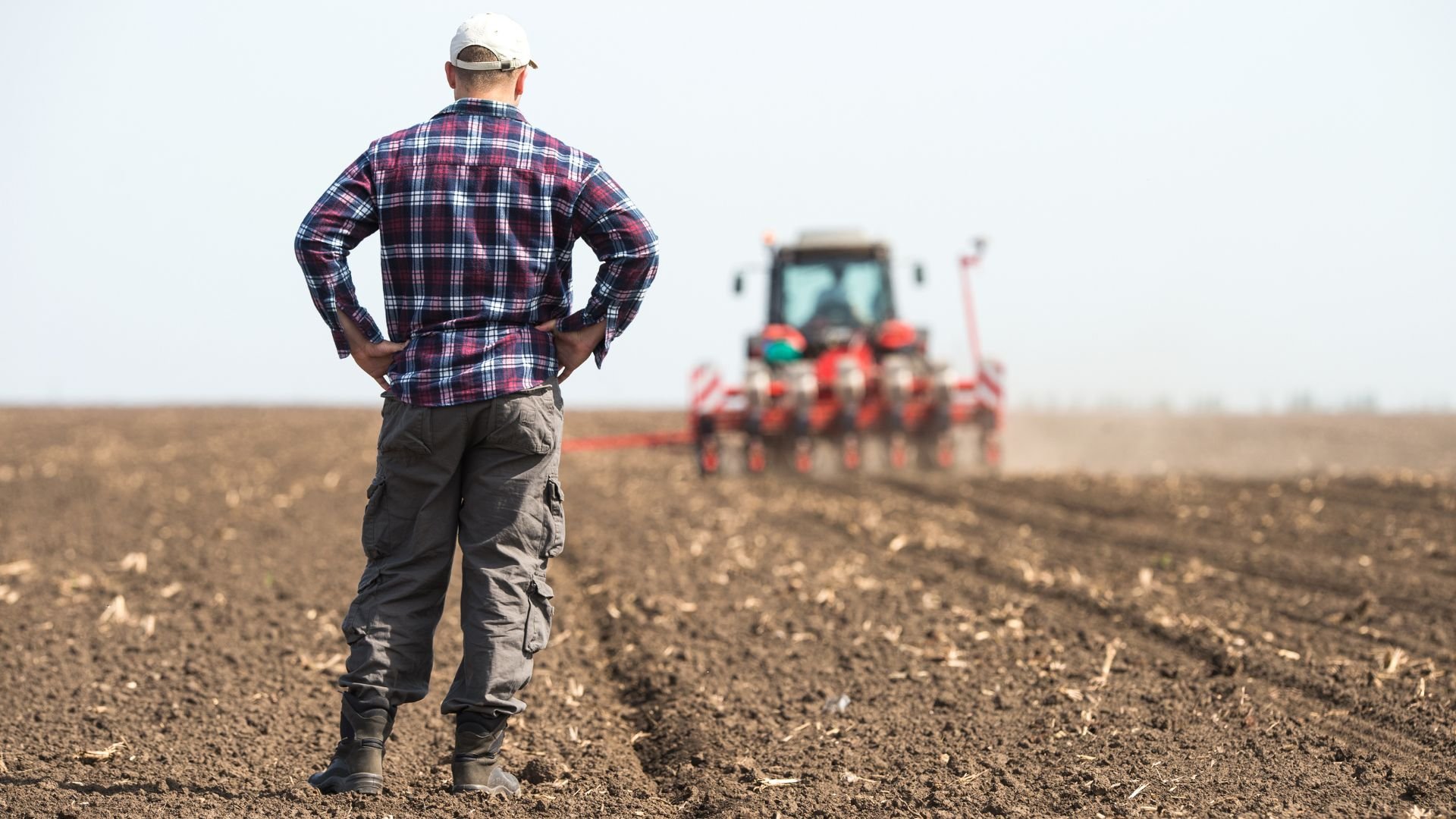
Despite the many environmental concerns of the project, farmers in northern California are also opposed to the proposition. The topic has become contentious in the areas that stand to lose access to water.
Although most of the state’s residents live in the south, most of the farming occurs in the north. Farming communities see the project as another attempt to steal their water and force them out of their own market.
Central Valley Democrats Blocking the Project
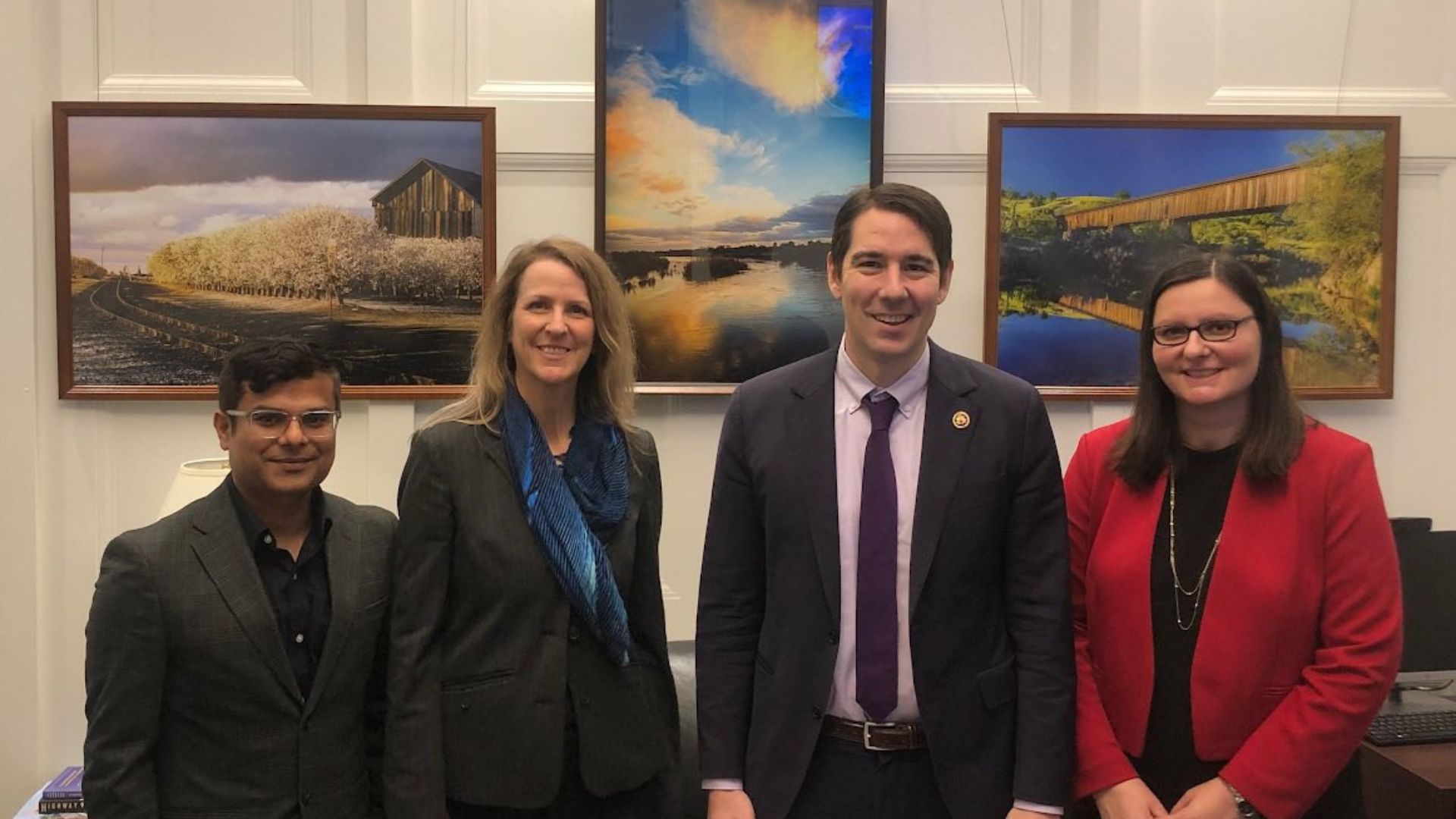
Lawmakers located in the Central Valley have blocked the ability for legislators to push through the tunnel at an expedited rate.
U.S. Rep. Josh Harder (D), believes that the tunnel project is an attempt to provide resources to only the wealthiest in the state. He said in an interview “This new analysis acknowledges what we’ve known all along the Delta Tunnel is meant to benefit Beverly Hills and leave Delta communities out to dry.”
The Broader State Water Project
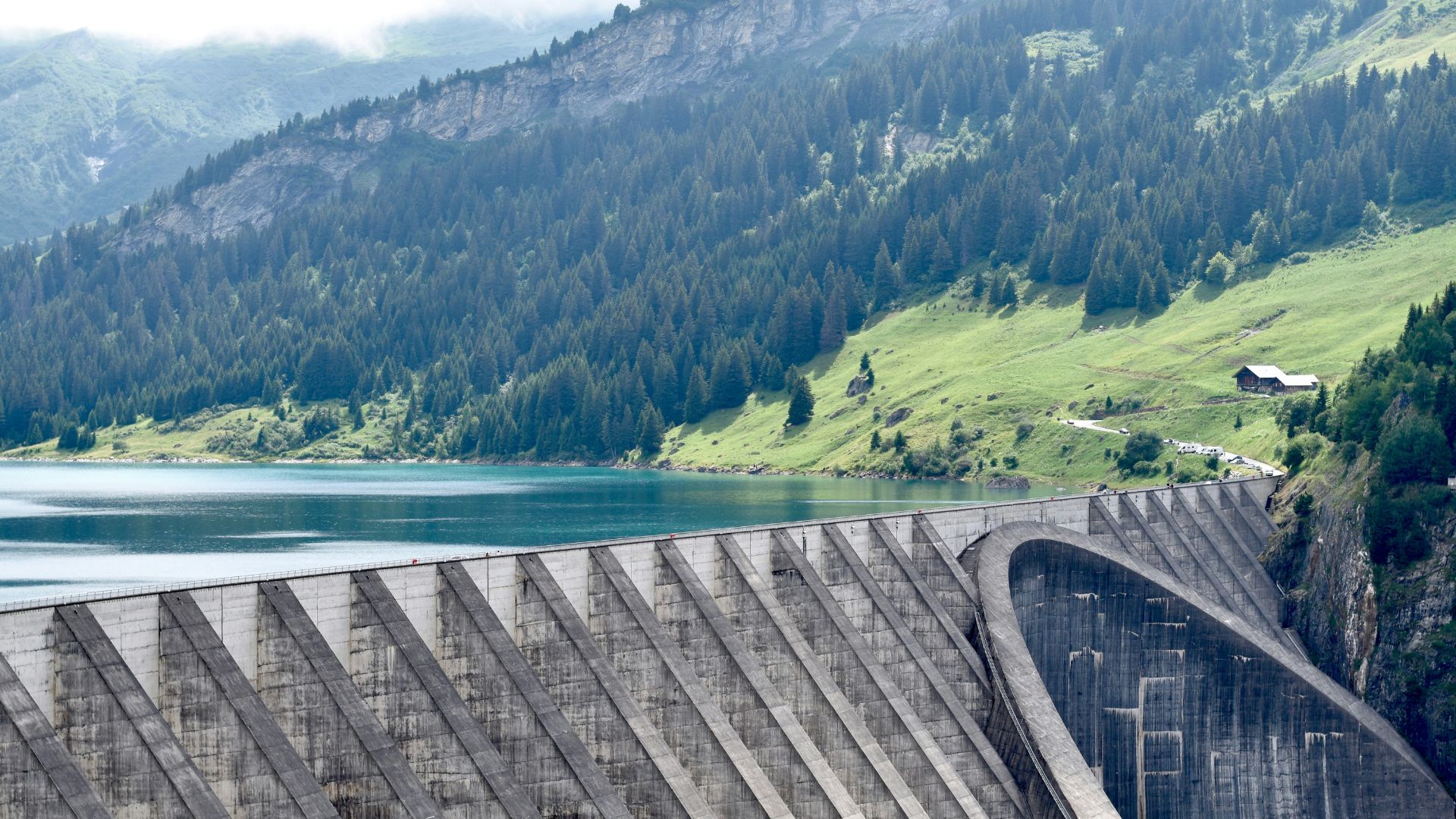
The tunnel is part of a larger water access project in the state. The project plans to build a complex system of reservoirs, dams, and canals.
More than 27 million people will have access to the water in the state’s southern portion, and more than 750,000 acres of farmland will be irrigated with the water saved.
Climate Change Is Threatening Access To Water
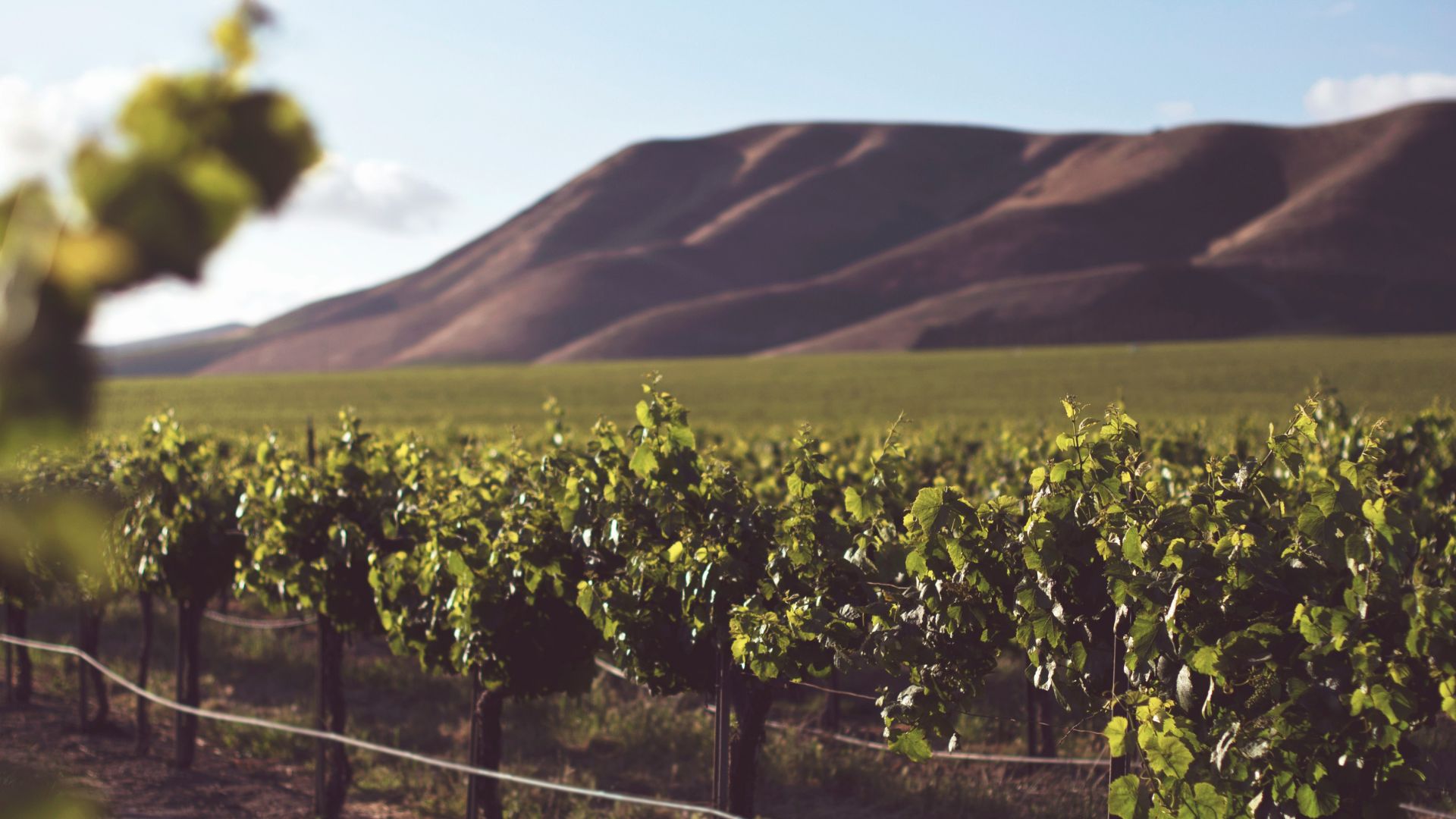
One of the biggest driving forces behind the need for the project is the threat of global climate change. Summers have been getting increasingly warmer, making California one of the worst states for forest fires and water droughts.
California is one of the country’s biggest exporters of produce. It supplies over a third of the country’s vegetables, nearly three-quarters of fresh fruit and nuts, and the massive meat, wine, and dairy industry.
Recent Droughts Causing Massive Issues in the State
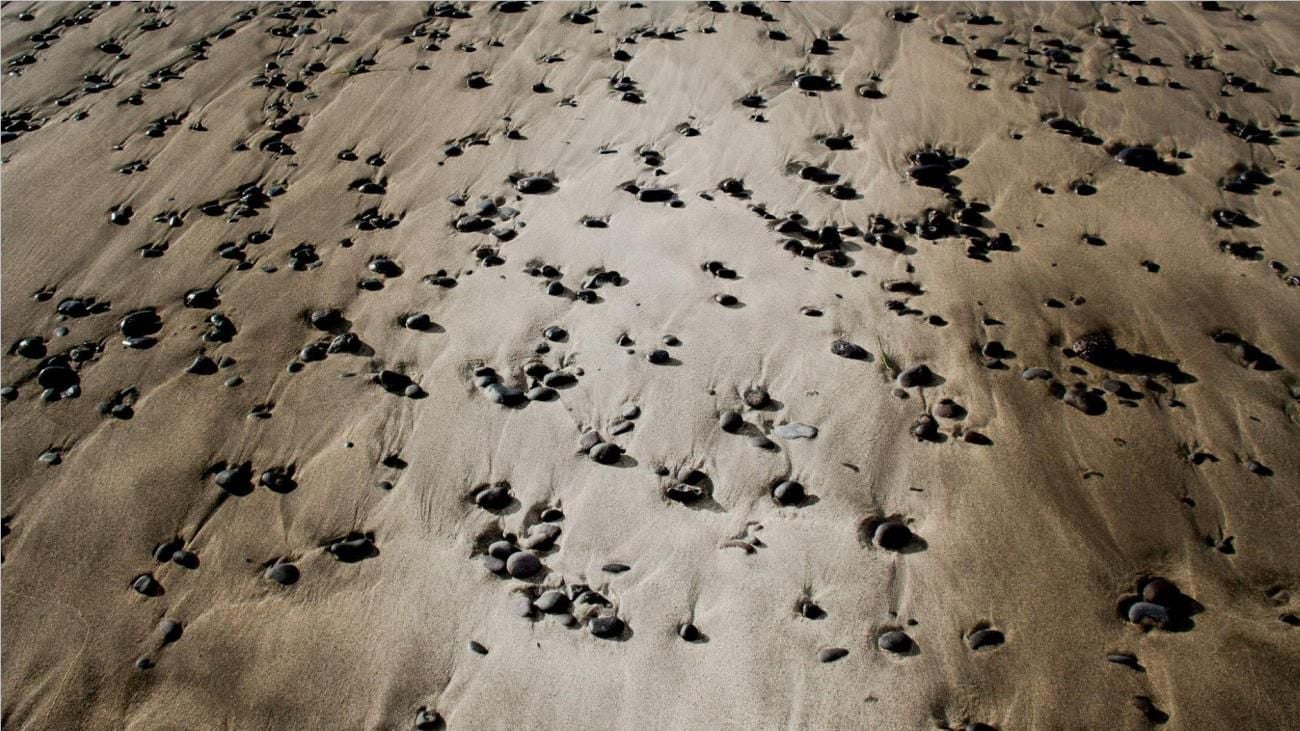
California experienced the driest three years on record. This caused many of its reservoirs to become dangerously low and promoted mandatory rationing.
The tunnel attempts to mitigate the distress caused by widespread water shortages in such a populous state.








































